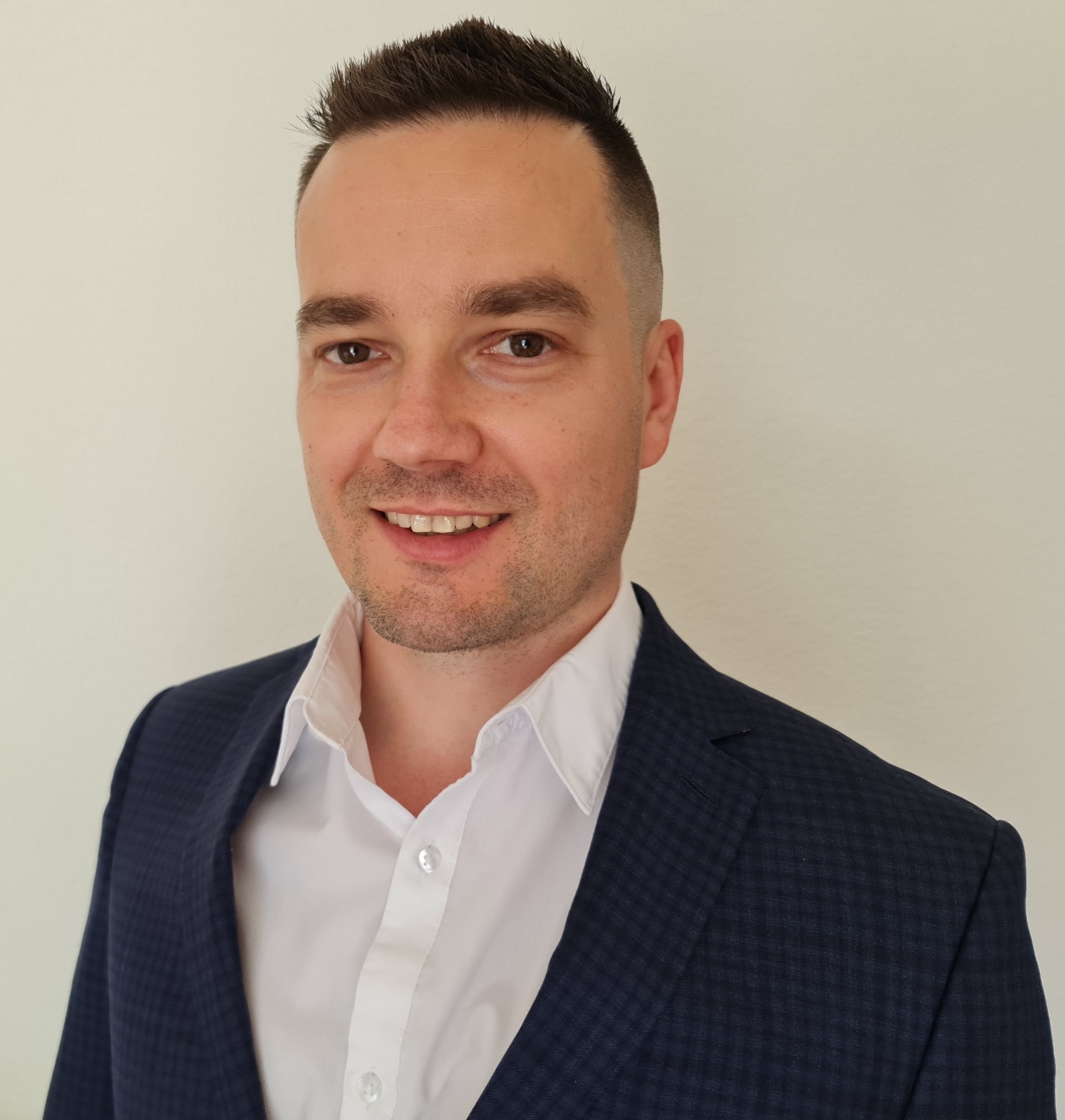Biography
Prof. Dr. Adam Kurpisz is a Tenure Track Professor in Operations Research at Bern Business School. Prior to this role, he was working at renowned institutions, including the Max-Planck-Institut für Informatik in Germany, Université Paris Sorbonne in France, Istituto Dalle Molle di Studi sull’Intelligenza Artificiale, and the Swiss Federal Institute of Technology in Zurich, Switzerland, where he maintains a secondary affiliation. His primary research emphasis is on the development of innovative algorithmic solutions for complex optimization problems with a focus on various applications. His research endeavors have been supported by multiple grants, such as the prestigious SNF Ambizione grant. He is the author of 18 peer-reviewed conference papers and 11 journal papers, collectively cited more than 350 times. Bridging academia and industry, he has successfully applied his knowledge in collaborative research projects with industrial partners, including swissQuant Group AG. Additionally, he provides his scientific expertise as a consultant for two startups he co-founded and has guided them to the world finals of numerous pitching competitions, including 5th place among 1000 participants in the MassChallenge Switzerland. Furthermore, he played a key role in securing over 5 million euros for these startups, co-authoring two successful EU Fast Track grant applications.
Presentation
Title
Certifying Nonnegativity and Its Connection to Polynomial Optimization
Abstract
Many problems we encounter in science and engineering can be formulated as Polynomial Optimization Problems. This class of problems encompasses many NP-hard problems, making the task of solving Polynomial Optimization problems inherently difficult. In this talk, we explore the connection between solving Polynomial Optimization Problems and certifying the nonnegativity of polynomials over basic semialgebraic sets, a field that has its roots in Hilbert’s 19th-century work. We present different optimization frameworks arising from this connection, compare their strength, and discuss their applications.

